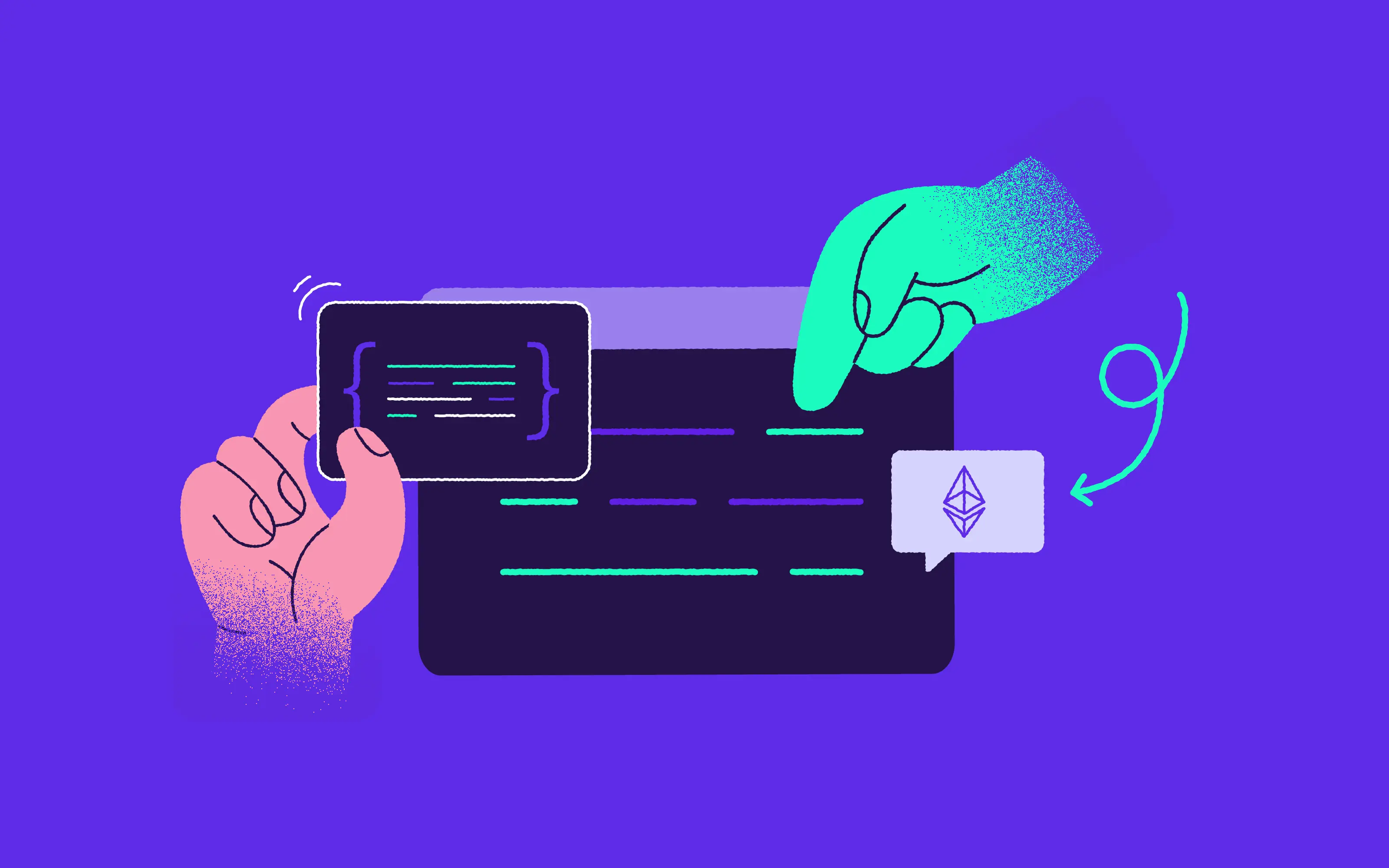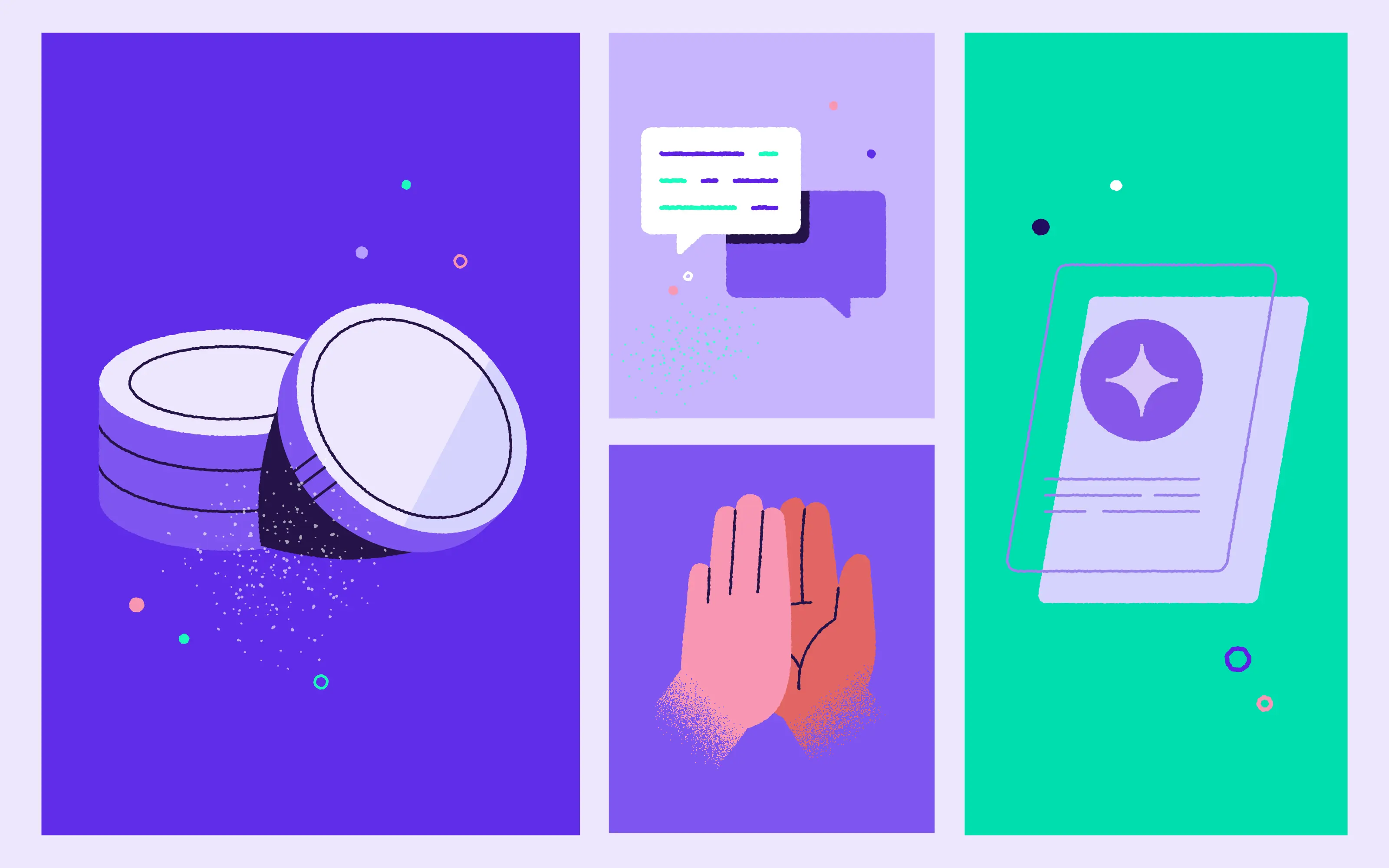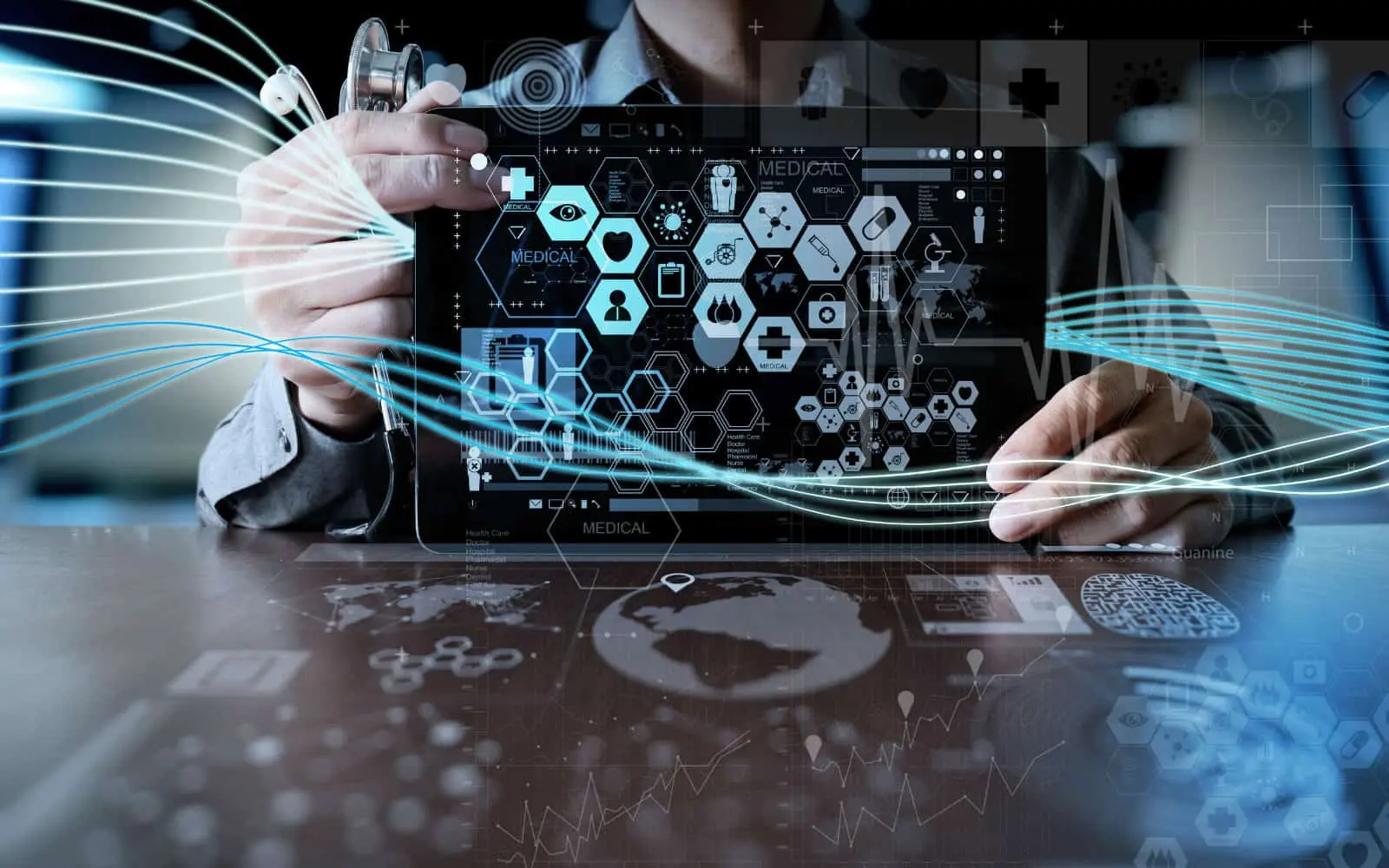
The blockchain is believed to be the answer to many modern-day issues. Countless evangelists say that almost every single industry may be revolutionized by implementing blockchain technology. Sometimes this point of view seems to be reasonable, but on the other hand, it sounds ridiculous when someone tries to persuade you that it is better to play tennis via blockchain.
However, there is one important aspect of our life which can be successfully redesigned or improved by distributed ledgers. That is healthcare. Blockchain may prove beneficial for doctors, patients, and even pharmaceutical corporations. Let’s contemplate the possibilities of healthcare industry development through the technology that stands behind Bitcoin.
Modern healthcare struggles with a lot of issues – we already described a few of them. It doesn’t matter if we talk about private or public one – blockchain may be applied in both cases. Let’s start with identifying the problems that can be solved by blockchain.
Lack of Information May Cause Death
The source of most problems connected to the healthcare industry is the lack of information. We live in a time of unhindered and unrestricted data flow. In a world of immediate access to everything about anything, the healthcare system has some catching up to do. The problem with the flow of information and data in healthcare is that it’s usually fragmented. Different pieces of information may end up stored in many places, and you may not be able to access them.
Medical data fragmentation and inaccessibility may lead to medical malpractice. A 2016 Johns Hopkins University study reveals that medical errors are the third most common cause of death in the US, being surpassed only by heart diseases and cancer. Some of these cases could have been avoided with a complete health record of a patient. It is extremely difficult to gain access to a complete history of patient’s illnesses, treatments or allergies – mainly because it is scattered among different specialized facilities around the country.
New Doctor = New Medical File
The other disturbing thing is the necessity to set up a new medical file every time you visit a new doctor. This means patients’ frustration, queues, and difficult access to a medical database. In some cases though, there is a possibility to check your health record via the Internet, but it is still not common practice and these databases do not have all the details that should be on file.
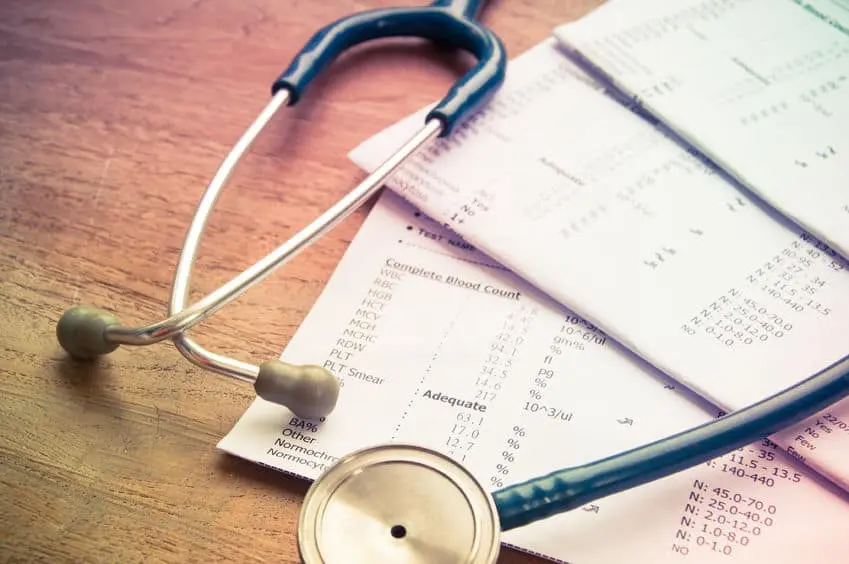
Patients should be able to get access to their medical data from anywhere on Earth
The last thing which could be improved in modern healthcare is the role of patients. Usually they don’t have any influence on how their data is stored, used or processed. They cannot benefit from their health records or use them as they wish. Blockchain may be of use in this case too.
Blockchain As the Universal Cure
Thanks to blockchain, it is possible to address all the above issues at once. The idea is to create a decentralized, encrypted medical record database that could only be accessed by the patients or with their approval.
When it comes to data fragmentation, this might turn out to be the best solution. Every time a patient attends the examination, a doctor will be able to update patient’s file with new data. That data would be stored safely on the medical blockchain, accessible via the patients’ account on desktop or mobile interface. Thanks to this solution, a patient could store all important medical information in a single database which will update with every new medical entry.
Thanks to blockchain, it is possible to address all the issues at once
This will also eliminate the need for separate registration at every medical facility. Information about the patient’s profile will already be stored in the database, therefore, we can say goodbye to registration queues.
Patients Finally in Charge of Their Medical Data
What will happen with privacy? How will accessibility work? These are questions we can ask ourselves. The answer, however, is quite easy. Patients will access their medical data through specialized interface. Every time, during an appointment (or at any time), a doctor would like to gain access to some part of the medical record, he/she has to send a request for it. It will then be the patient’s decision whether to give access to someone else.
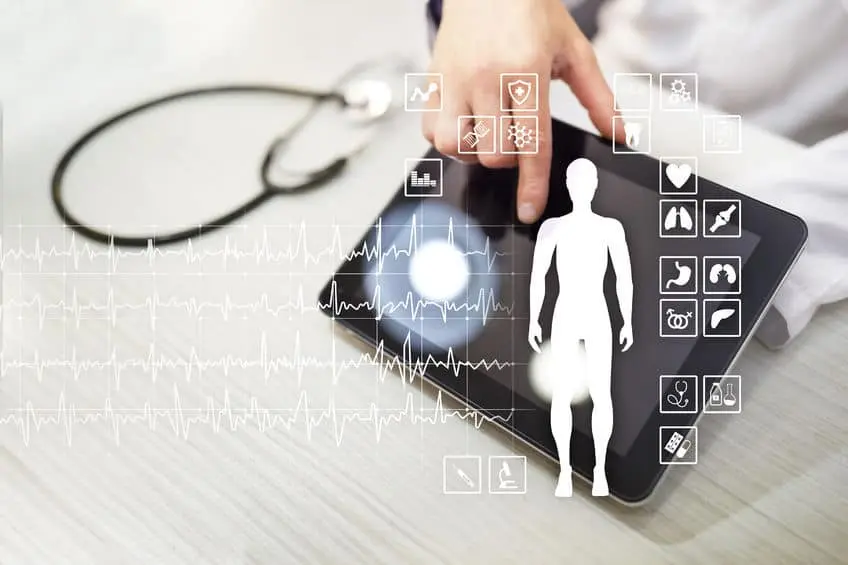
With the help of blockchain, patients will be in charge of their medical data
It will also improve the patients’ sense of agency. For the first time, they will be the ones in charge of their own medical details. Giving that power back to them may be a good opportunity to find a means to improve medical research. Health data is a valuable asset to a billion dollar medical and pharmaceutical industry. Many people are afraid that their data is being sold, stolen, or simply used without their consent to conduct medical research. A distributed health database may be used by patients to freely share information with corporations, labs or pharmaceutical companies in exchange for money or tokens. Just as a patient grants access rights to a doctor, he can transfer his data to a medical research of his choosing. He will actually have a choice to influence the future of healthcare with his record and benefit from it.
Putting all important information in the decentralized network might prove useful in emergency situations when traveling abroad. Cloud solutions based on blockchain might be one such use case. You can show everything a foreign doctor needs to know about your health status before proceeding to operation.
» Read our article to learn more about the use of blockchain outside Bitcoin and unexpected ways of blockchain application
The Future May Be Bright
The decentralized database could be probably based on smart contracts technology. This means that it may work on requests model. The problem is, what to do if you cannot confirm the request for access due to your critical condition – a coma, for example. There has to be a specific way for rescue teams and doctors to obtain important information when it is crucial to saving your life. With this one problem solved, the decentralized health register might prove a miracle for healthcare.
There is, of course, one more requirement that has to be met. This solution has to be widely implemented in public/private healthcare. If it gets adopted only by a few facilities, then it won’t work. And that is the final obstacle that must be removed. To do it, we need a few more years of constant development of trust in the blockchain technology.
If you are interested in world-class blockchain development, check out our success stories and contact us!

